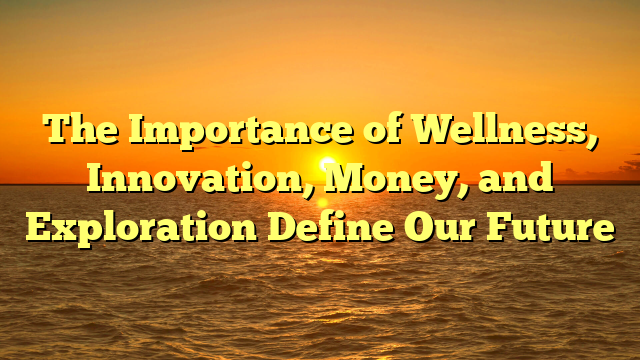
The 21st century has ushered in an era of dramatic political transformation across the globe. From the rise of populism to the growing influence of technology on governance, the political landscape is being reshaped in unprecedented ways. While some nations move toward greater transparency and democratic engagement, others witness democratic backsliding, authoritarianism, and deepening political polarization.
One of the most notable trends in recent years is the rise of populist movements. Fueled by dissatisfaction with traditional political elites, populist leaders have emerged across continents, promising to represent “the voice of the people.” In pptoto as the United States, Brazil, Hungary, and the Philippines, populist rhetoric has significantly influenced policy and public discourse. These leaders often challenge established institutions, criticize the media, and offer simplistic solutions to complex problems—moves that attract support but also risk undermining democratic norms.
At the same time, technology has become a double-edged sword in politics. On one hand, it enables greater civic participation through digital platforms, online petitions, and grassroots organizing. Social media can amplify underrepresented voices and connect communities in powerful ways. On the other hand, it has also been exploited for disinformation campaigns, election interference, and the spread of political propaganda. The manipulation of digital platforms has raised concerns about data privacy, misinformation, and the accountability of tech giants.
Geopolitically, the world has become increasingly multipolar. The dominance of Western powers, particularly the United States, is now being challenged by rising nations such as China and India. China’s assertiveness in the South China Sea, its Belt and Road Initiative, and its growing economic and military influence are reshaping alliances and sparking strategic tensions. Meanwhile, the European Union grapples with internal divisions, migration issues, and the aftershocks of Brexit.
Climate change has also emerged as a central political issue. Once considered primarily an environmental concern, it is now a focal point in economic, social, and security debates. Governments are under increasing pressure to transition to green energy, regulate emissions, and address environmental justice. However, progress remains uneven, with political will often lagging behind scientific urgency.
Domestically, many nations are facing unprecedented polarization. The left-right divide has deepened, often exacerbated by cultural issues such as immigration, gender rights, and nationalism. In democracies, legislative gridlock and eroding public trust in institutions threaten the ability to address urgent issues effectively. In more authoritarian regimes, dissent is often suppressed, and media freedoms curtailed.
Despite these challenges, there are reasons for cautious optimism. Youth activism is on the rise, particularly on issues such as climate change, racial justice, and democratic reform. Movements led by young people have forced many governments to confront issues long ignored. International cooperation, while strained, continues to exist through forums like the United Nations and global climate accords.
In conclusion, global politics in the 21st century is marked by complexity, rapid change, and a struggle between opposing forces: openness vs. control, democracy vs. authoritarianism, cooperation vs. nationalism. The choices made by political leaders—and by citizens—will shape not only national destinies but also the shared future of humanity. While the road ahead is uncertain, the growing engagement of informed and active citizens offers hope for a more just and responsive political future.




